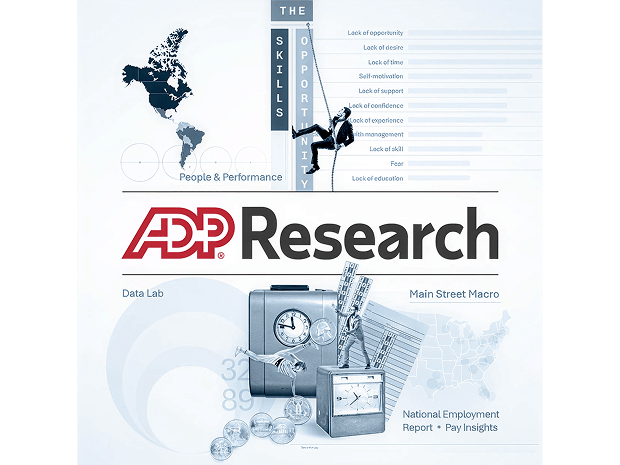Resource Center
Take your organization to the next level with practical tools and resources that can help you work smarter. Our Resource Centers are each built with the size and goals of your business in mind.
Small Business Resources
You’re all in on your business and know the value of time. Learn how you can simplify payroll, compliance and HR so you can achieve what you’re working for.
View Resource CenterMidsized & Enterprise Business Resources
Keeping up with competitors and regulations isn’t easy. Gain the knowledge to attract top talent, optimize technology and protect your business.
View Resource CenterADP® Tools
Find payroll and retirement calculators, plus tax and compliance resources.
Events
Attend webinars or find out where and when we can connect at in-person events.

ADP Research: Insights at work, for the future of work
ADP Research is a global leader on data-driven labor market and employee performance research. Business leaders, economists, policymakers and HR professionals rely on our relevant, rigorously produced analysis to make informed decisions:
- ADP National Employment Report: An independent measure of private-sector U.S. hiring
- ADP Pay Insights: A monthly measure of private-sector pay
- Data Lab: A research-driven resource for economic and labor market analysis
- Today at Work: A compendium of workforce trends, insights and analysis
- Main Street Macro: A weekly blog explaining economic trends affecting businesses
- People at Work: A robust annual survey of the global labor force
Search all resources






